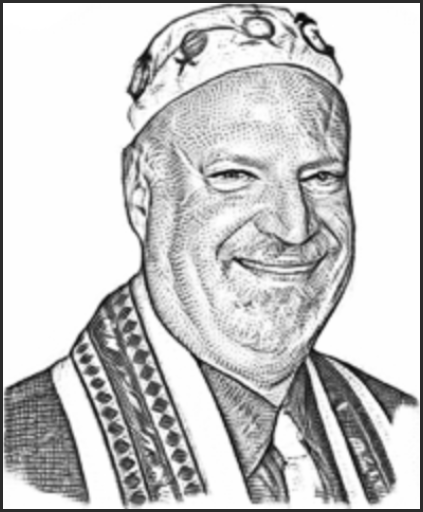
In recognition of National Alzheimer’s & Brain Awareness Month, the New Canaan YMCA held an educational community lecture on June 5, in collaboration with Stamford Health, Waveny Lifecare Network, and the Alzheimer’s Association, Connecticut Chapter. The event featured presentations on the types and risk factors of dementia, current research developments, local caregiving programs, and statewide support resources.
Dr. Tzivia Moreen, a geriatrician with Stamford Health, opened the program by outlining the clinical features of dementia. She described it as a group of cognitive conditions marked by progressive impairment in memory, thinking, and reasoning that interfere with daily functioning. According to Dr. Moreen, the primary subtypes include Alzheimer’s disease, vascular dementia, dementia with Lewy bodies (DLB), and frontotemporal dementia.
Alzheimer’s disease, she noted, remains the most prevalent form and is characterized by neurodegeneration that leads to memory decline and confusion. Vascular dementia arises from restricted blood flow to the brain due to vascular disease, while DLB results from abnormal protein accumulations called Lewy bodies that affect cognition, mood, and motor skills. Frontotemporal dementia involves the gradual deterioration of the brain’s frontal and temporal lobes, often altering personality, behavior, and language.
Dr. Moreen highlighted key risk factors for dementia, including cardiovascular conditions such as atrial fibrillation, hypertension, and high cholesterol, as well as osteoporosis in women, vitamin D deficiency, and genetic predisposition.
On the subject of diagnosis and treatment, Dr. Moreen explained that dementia remains difficult to detect early, as no definitive biomarker currently exists. She recommended ongoing and repeated cognitive assessments for early detection. She also discussed the evolving role of artificial intelligence in research, suggesting that AI may soon aid scientists in identifying subtle biological patterns, accelerating both diagnostics and the development of targeted therapies.
In addition to clinical guidance, the lecture featured information on local caregiving resources. Kathleen Benevento, Executive Director of Navigation at Waveny Lifecare Network, presented details about “The Navigator: Alzheimer’s and Dementia at Home,” a no-cost program for New Canaan residents funded through the New Canaan Community Foundation. The program provides families with round-the-clock support, coordination of care, and access to an adult day program, offering structured activities for patients and respite for caregivers.
Mary-Kay Harrity, Advisory Board Member of the Alzheimer’s Association, Connecticut Chapter, concluded the event by introducing the organization’s services. According to the Association, over seven million Americans are currently living with Alzheimer’s disease. Harrity emphasized the 24/7 Helpline (800-272-3900), more than 50 support groups across the state, early-stage social engagement opportunities, and the new “My ALZ Journey” mobile app. The app is designed to guide newly diagnosed individuals and their caregivers through care planning and disease management.
The event underscored the importance of community-based partnerships in advancing dementia awareness and support. For over a decade, the New Canaan YMCA and Stamford Health have partnered to provide local residents with coordinated wellness services, including an on-site nurse coordinator, referrals, physical therapy, and health education programs.
More information on Stamford Health’s dementia services can be found at www.stamfordhealth.org. Details on Waveny Lifecare Network’s Navigator program are available at www.waveny.org, and additional resources from the Alzheimer’s Association, Connecticut Chapter can be accessed at www.alz.org/ct.



